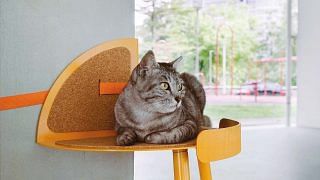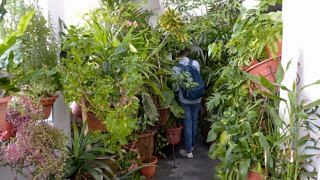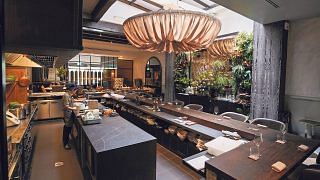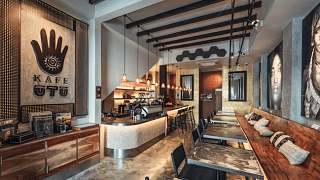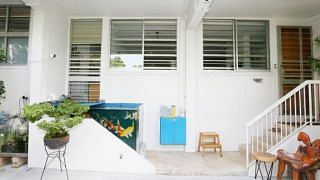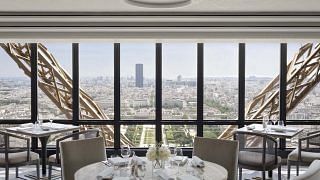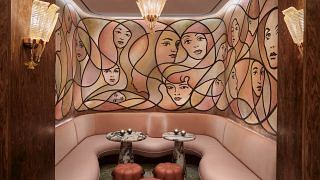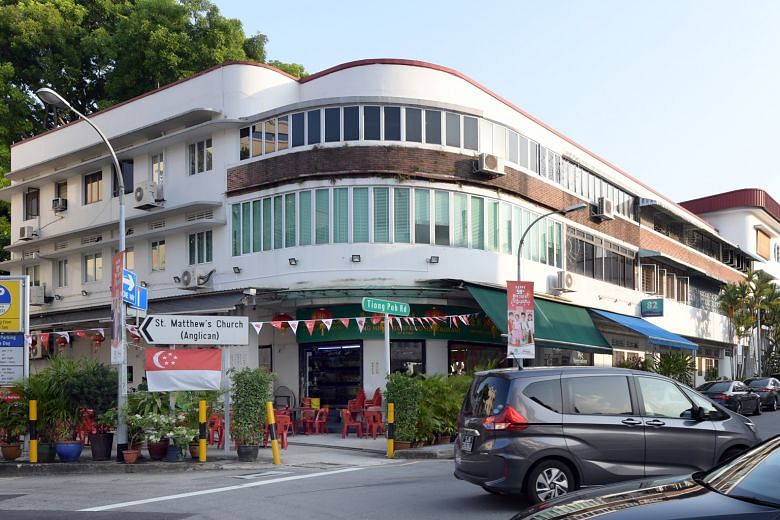 Ting Heng Seafood Restaurant on the corner of Tiong Poh Road and its neighbour, Drips Bakery Cafe, are among businesses allowed to occupy ground-floor units in Tiong Bahru.ST PHOTO: NG SOR LUAN
Ting Heng Seafood Restaurant on the corner of Tiong Poh Road and its neighbour, Drips Bakery Cafe, are among businesses allowed to occupy ground-floor units in Tiong Bahru.ST PHOTO: NG SOR LUAN
Over the last 40 years, Mrs Polly Chong has watched her ground-floor neighbours move out and several shops take over their place.
The 72-year-old retiree lives with her husband in a 120 sq m pre-war apartment in Eng Hoon Street in Tiong Bahru.
"Having the cafes and shops is good – their prices are reasonable, they bring young people and life to the town, and it helps to increase the value of our house," she says.
Last week, the Urban Redevelopment Authority (URA) said it will reclassify 28 residential units on the first floor as commercial ones, making clear which units can operate as shops. Previously, these were residential units that had been given permission for commercial use.
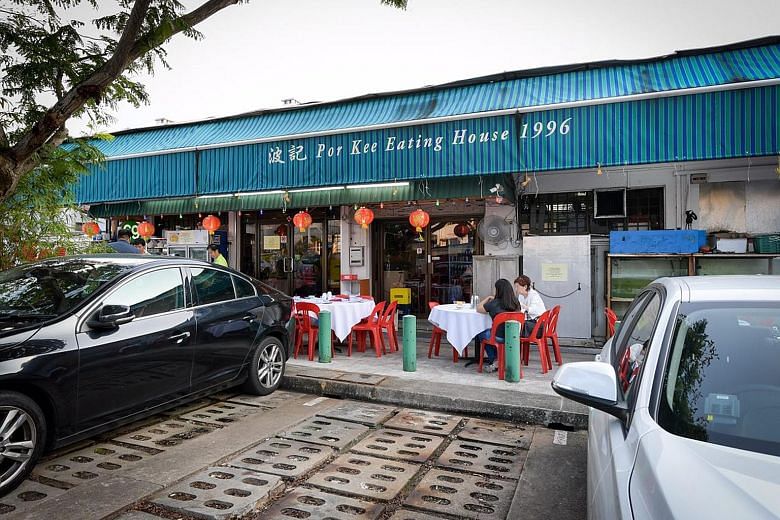 Tiong Bahru staple Por Kee Eating House (above) occupies one of the 28 units that were added on July 24 to the list of residential units in the estate rezoned for commercial use. ST PHOTO: NG SOR LUAN
Tiong Bahru staple Por Kee Eating House (above) occupies one of the 28 units that were added on July 24 to the list of residential units in the estate rezoned for commercial use. ST PHOTO: NG SOR LUAN
Among the 28 are long-running staples like Por Kee Eating House, which opened in 1996, popular cafes such as Drips Bakery, upmarket barber We Need A Hero and massage shops Oriental Traditional Therapy and Nimble Knead.
They bring the official number of commercial units in the estate to 120 – a 50 per cent jump from 2015, when there were just 80.
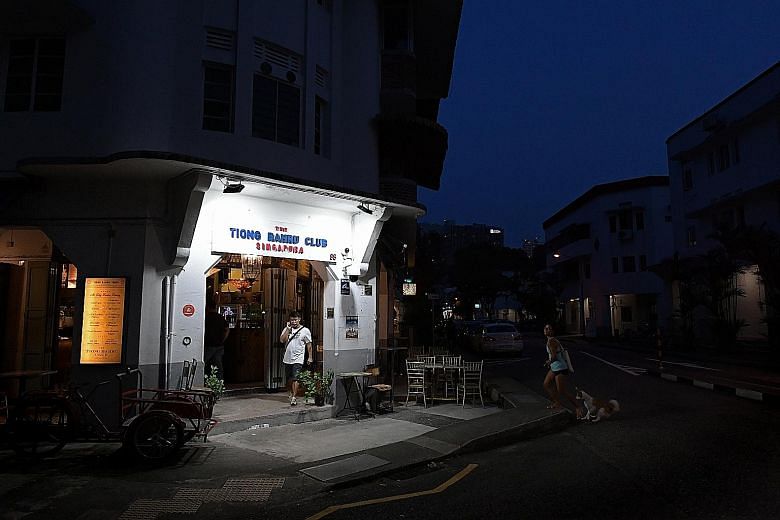 A total of 120 units in Tiong Bahru are now zoned for commercial use, including Tiong Bahru Club(above).ST PHOTO: NG SOR LUAN
A total of 120 units in Tiong Bahru are now zoned for commercial use, including Tiong Bahru Club(above).ST PHOTO: NG SOR LUAN
In contrast, there are about 800 homes, many of them in pre-war walk-ups built by the architect Alfred G. Church in the Streamline Moderne style.
Inspired largely by technology and modern travel, the curved, low-rise buildings were designed to resemble cars, trains and ships.
The unique architecture is one of the main reasons residents like Mrs Chong have lived there for so long, and new ones, like Mr Albert Atinon, flock to the neighbourhood.
The regional marketing director, 40, moved in two months ago after his two-year lease at nearby condo The Regency expired. When he saw the ad on a property listing website, he viewed the flat the next day, and signed the lease the day after.
"I love that history has been preserved here, and something about this place makes people more friendly, " he said.
"In my old condo, there were three of us on the same floor but we never talked. But here, my next-door neighbour is my best friend."
The homey vibe, coupled with hip dining options and quirky shops, is what drew him to Tiong Bahru.
In fact, Mr Atinon lives next to Flock, a cafe with a decidedly relaxed atmosphere and one of the 28 rezoned shops. But while he considers himself a fan of the cafe, he also notes that some patrons throw their litter into his garden – an unfortunate trade-off for having "a cool place at your doorstep".
In the same way, the authorities face a balancing act with their rezoning exercise. The URA said the estate, which was conserved in 2002, is still primarily a residential one.
To that end, it is working with about 15 businesses operating in units meant only for residential use to address the infringements "within a reasonable time frame".
This is not the first time businesses have flouted the rules here. In 2015, the URA asked several shops to vacate their premises following complaints from residents.
Residents had complained about the excessive noise, traffic pollution and the displacement of heritage trades by Western-leaning businesses that don't serve the needs of the area's aged inhabitants.
The estate was also plagued by a prolonged rat infestation in 2013, which many blamed on the proliferation of neighbourhood eateries.
The impact of the retail shakeout is still being felt, said Ms Nikki Yapp, co-founder of floral boutique One Olive, which has been in the estate for the last five years and is among the rezoned shops.
"After the URA kicked those shops out, Tiong Bahru was dead. Things have improved since, but it is still a little quiet," she said.
Not all residents, however, enjoy the changes. Poet Marc Nair, 37, who has lived there for the last five years, acknowledged that the businesses add value but is irked that some businesses flout the rules for the home-office and small-business schemes.
"I seem to be hearing more about petty thefts and break-ins, and have seen the indiscriminate throwing of rubbish.This could correlate to a large transient population who isn't invested in the neighbourhood. We are losing neighbours and a sense of community," he said.
"An already small estate is shrinking, and not in a good way."
This story first appeared in The Straits Times. Click here to read the original story.


